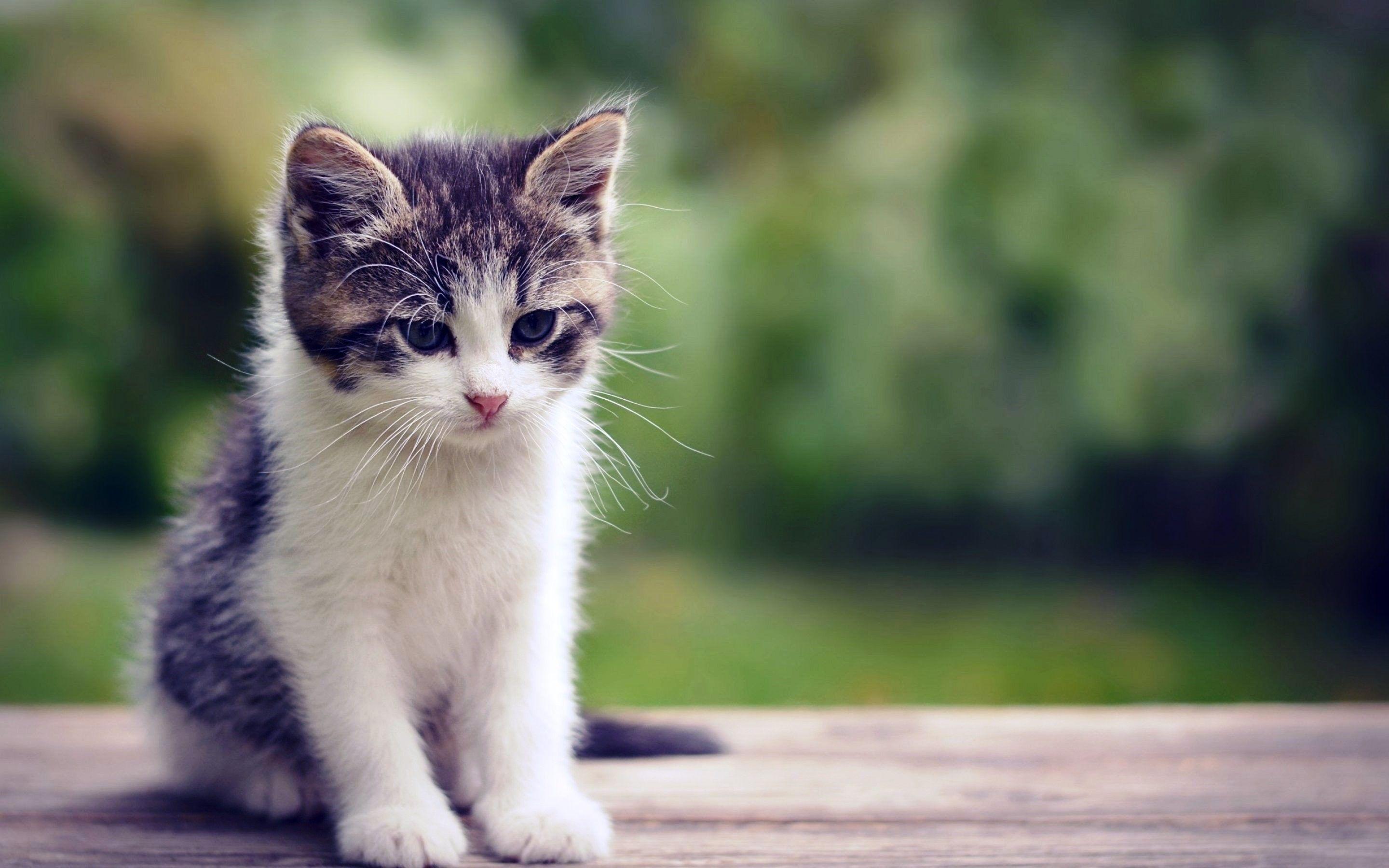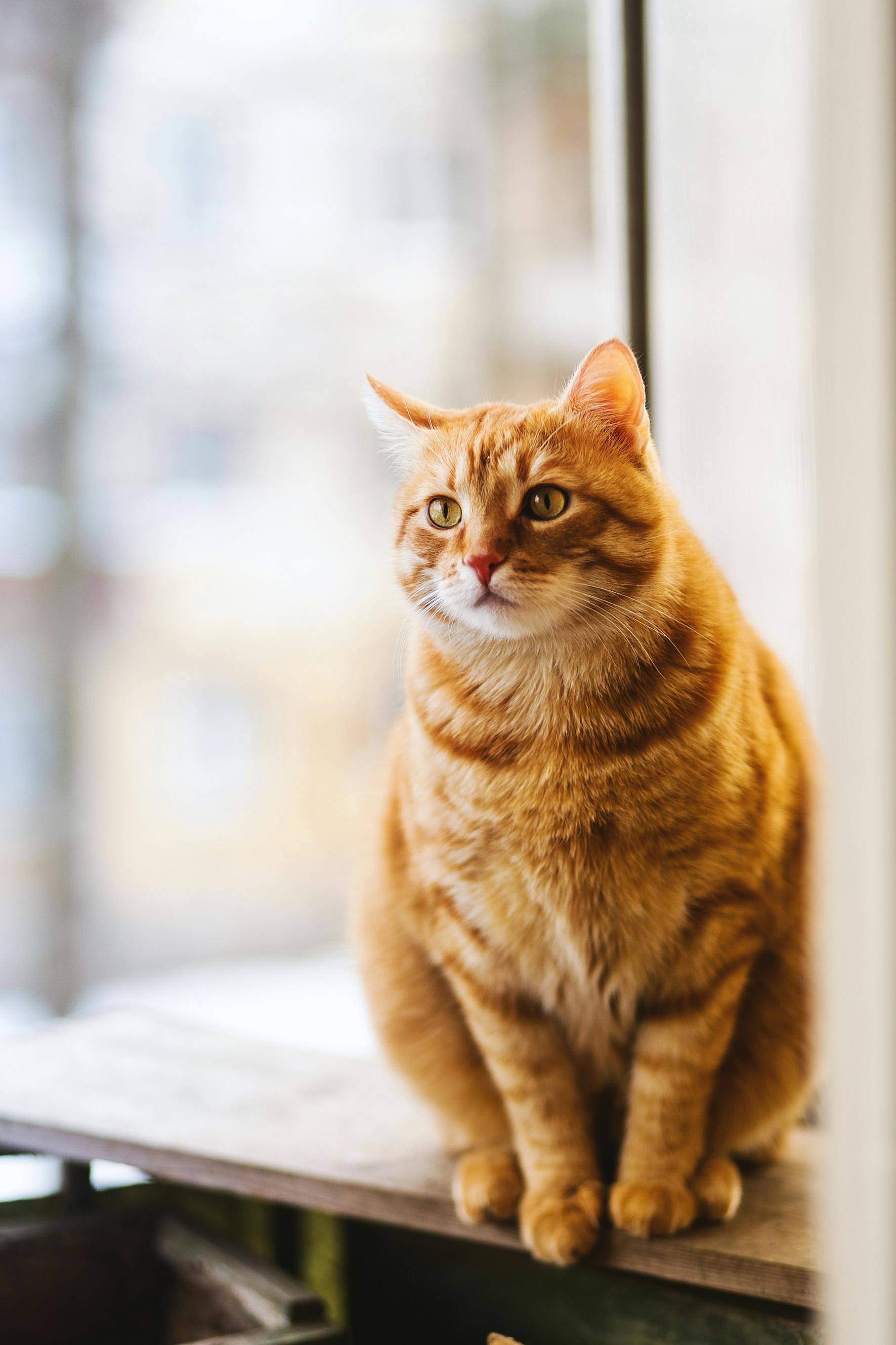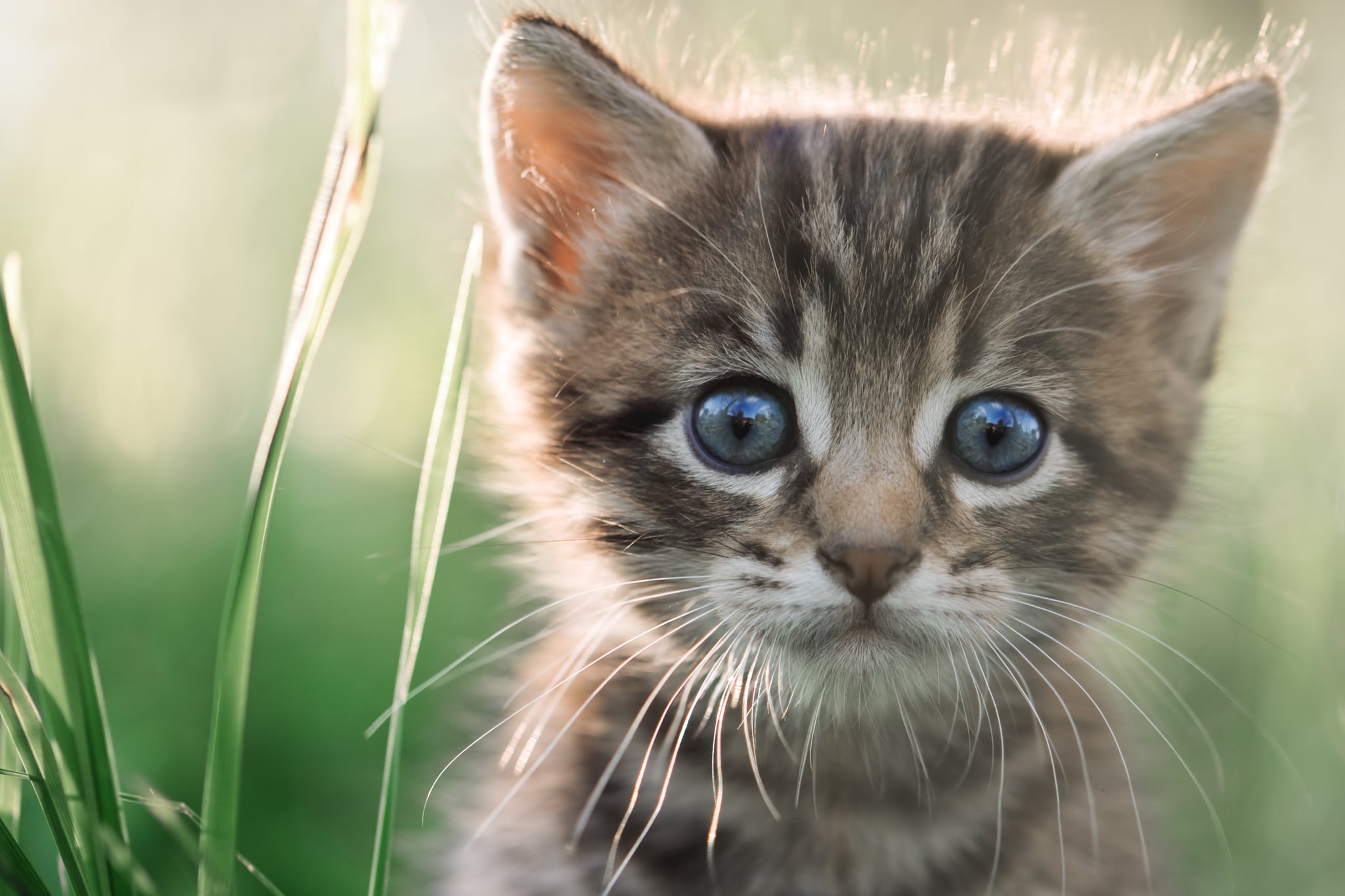Your Cat And Turkey: Essential Facts For Feline Well-being
Have you ever wondered about the connection between your beloved feline friend and, well, turkey? It's a rather interesting topic, you know, blending the needs of our purring companions with a common food item or perhaps even a specific type of cat. So, too it's almost, whether you're thinking about holiday meals or curious about cat origins, there's quite a bit to unpack here. Cats, as we know, are amazing creatures, and their dietary requirements along with their unique histories are truly fascinating to explore.
Our domestic cats, the ones we share our homes with, have a long and storied past. They’ve been living alongside humans for thousands of years, a pretty long time, wouldn't you say? These animals are, at their core, predators, quite skilled hunters actually. They need to eat meat to stay healthy, a fact that's really important for anyone who cares for them. They're what we call obligate carnivores, meaning meat isn't just a preference; it's a necessity for their well-being. This is a fundamental part of what makes them who they are, like their big cat relatives, too it's almost.
This discussion about "cat turkey" isn't just about what they eat, though that's a big part of it. It also touches on their incredible senses, their clever minds, and how they see the world around them. We'll explore their behaviors, their heritage, and even some specific cat types that trace their roots back to a certain region. So, get ready to discover some neat things about cats and their connection to turkey, whether it's on their dinner plate or in their family tree, apparently.
Table of Contents
- Cat Diet and Turkey: A Feline Feast?
- Cats from Turkey: Ancient Breeds with Rich Histories
- Understanding Feline Needs: Beyond Just Food
- Common Questions About Cat Turkey
- Conclusion
Cat Diet and Turkey: A Feline Feast?
Cats are, as we've said, active carnivores. This means that in their natural environment, they hunt living animals, usually small mammals like mice, and sometimes birds. This need for meat is why their diet is so important. When we talk about "cat turkey," one of the first things that pops into people's minds is, can cats actually eat turkey meat? It's a common question, especially around holidays when turkey is plentiful, you know.
Is Turkey Good for Cats?
Turkey meat, when prepared correctly, can actually be a good source of protein for your cat. It's lean, which is a plus, and it provides essential amino acids that cats need to stay healthy. Remember, they have to eat meat to thrive, and turkey fits that bill. However, it's not as simple as just giving them any turkey you have lying around. There are some important things to keep in mind to make sure it's a safe and beneficial treat, or even a small part of their regular diet, basically.
The "My text" tells us that cats are "obligate carnivores," which is a fancy way of saying they really, really need meat. They get their energy and vital nutrients from animal sources. Turkey, being a meat, fits this requirement. But, like any food outside their regular, balanced cat food, it should be given in moderation. It’s a treat, not a meal replacement, generally speaking.
Safe Ways to Offer Turkey to Your Cat
If you're thinking about sharing some turkey with your feline companion, there are safe ways to do it. First, it should always be cooked. Raw turkey can carry bacteria that are harmful to cats, just like they are to humans. Plain, cooked turkey, without any seasonings, is the way to go. No salt, pepper, onions, garlic, or any other spices, please. These can be really bad for your cat's health, so, you know, be careful.
Also, make sure the turkey is boneless. Cooked bones can splinter and cause serious internal injuries to your cat. This is a very important point. A small piece of plain, cooked, skinless, boneless turkey can be a nice little treat. Think of it as a special snack, not a main course. You can shred it into small, manageable pieces, too, that's what I would do, anyway.
What to Avoid When Giving Turkey to Cats
Beyond seasonings and bones, there are other turkey-related things to steer clear of. Avoid giving your cat turkey skin, as it's often too fatty and can cause digestive upset. Gravy, stuffing, and anything else cooked with the turkey should also be off-limits. These often contain ingredients that are toxic to cats or are simply too rich for their sensitive systems, that's the truth.
Remember, a cat's digestive system is pretty different from ours. What's fine for us might cause stomach issues, vomiting, or even worse problems for them. Always err on the side of caution when introducing any new food. If you're ever unsure, it's always best to have a quick chat with your veterinarian, naturally. They can offer the best advice for your specific cat.
Cats from Turkey: Ancient Breeds with Rich Histories
When we talk about "cat turkey," we're not just talking about food. We're also talking about some truly beautiful and ancient cat breeds that hail from the country of Turkey. These cats have their own unique histories, appearances, and personalities. They are, in a way, living pieces of history, very much so. The "My text" mentions a "comprehensive guide to cat breeds from a to z with pictures," which is a great place to learn about their history, health, appearance, and personality. So, let's look at a couple of these amazing felines.
The Turkish Angora: A Graceful Beauty
The Turkish Angora is one of the oldest and most elegant natural cat breeds in the world. They come from the Ankara region of Turkey, which used to be called Angora. These cats are known for their long, silky coats and their graceful, slender bodies. They often have striking blue eyes, or sometimes even odd eyes, where each eye is a different color, which is pretty cool, really.
Angoras are known for being very smart and playful. They often form strong bonds with their human families and love to be involved in everything you do. They're quite active and enjoy climbing and exploring. Their history is quite rich, too, being prized by royalty and considered a symbol of purity and grace for centuries. They really are a special kind of cat, you know.
The Turkish Van: The Swimming Cat
Another incredible breed from Turkey is the Turkish Van. These cats are famous for their love of water, which is pretty unusual for a cat, isn't it? They have a unique coat texture that's water-resistant, making them quite comfortable taking a dip. They originated in the Lake Van region of southeastern Turkey, hence their name, obviously.
Turkish Vans are typically large, muscular cats with a semi-long coat. They often have a distinctive "Van pattern," which means they are mostly white with colored markings on their head and tail. They're quite intelligent and active, often described as having a dog-like personality because of their playful nature and their tendency to retrieve toys. They're truly one-of-a-kind, like your, you know, a very special pet.
Understanding Feline Needs: Beyond Just Food
Our "My text" reminds us that cats are "the most popular pet in North America." This popularity comes from their charm, their independence, and their unique ways of interacting with us. But caring for them goes beyond just providing food, whether it's turkey or their regular kibble. It involves understanding their senses, their behaviors, and their needs as animals. This helps us give them the best life possible, and that's what we want, right?
Cat Senses and Behavior
Cats have incredible senses. Their hearing is much better than ours, allowing them to pick up on sounds we can't even perceive. Their night vision is also quite superior, helping them see in very low light. This is part of what makes them such effective predators, even in our homes. They are, as the text says, "active carnivores," always ready to hunt, even if it's just a toy mouse, in a way.
Their behavior is also fascinating. Cats communicate through a mix of vocalizations, body language, and scent marking. A cat displaying a warning, for example, might have flattened ears or a puffed-up tail. The stripes on a standard tabby cat, for instance, help it hide in long grass and bushes, a kind of camouflage that's really effective in the wild. Understanding these cues helps us connect better with our feline friends, to be honest.
Feline Intelligence and Worldview
Cats are quite intelligent creatures. They can learn, adapt, and even solve problems. They see the world through their unique senses, processing information in ways that are different from how we do. This is why enrichment, like toys, climbing structures, and even wall-mounted shelves and hammocks, is so important for them. It helps keep their clever minds busy and happy, you know, like your, like your own puzzles.
Providing a stimulating environment for your cat is just as important as giving them good nutrition. It helps prevent boredom and can reduce unwanted behaviors. Think about it: a predator needs to be active, to use its brain and body. Even domesticated cats retain these instincts. So, giving them places to climb, scratch, and play makes a big difference, very much so.
Why We Keep Cats Around
The "My text" asks, "What makes cats the most popular pet in North America?" It's a good question. Part of it is their independence; they don't always demand constant attention. Yet, they also offer companionship and comfort. Their purrs can be incredibly soothing, and watching them play can be incredibly entertaining. "Baby cats are amazing creatures because they are the cutest and most funny," the text reminds us, and it's true, watching funny baby cats is a challenge to keep a straight face, actually.
Cats bring joy and sometimes a little bit of playful mischief into our lives. They're relatively low-maintenance compared to some other pets, but they still need our care and affection. From their interesting history to their unique personalities, cats truly enrich our homes and our lives. They're pretty special, aren't they?
Common Questions About Cat Turkey
People often have questions when it comes to cats and turkey. Here are some common ones that pop up, perhaps from the "People Also Ask" section of search results, you know.
1. Can my cat eat turkey lunch meat?
Generally, it's best to avoid giving your cat turkey lunch meat. It often contains high levels of sodium, preservatives, and other additives that are not good for cats. Stick to plain, cooked turkey breast if you want to offer a treat, seriously.
2. Is raw turkey safe for cats?
No, raw turkey is not safe for cats. It can contain harmful bacteria like Salmonella and E. coli, which can make your cat very sick. Always cook turkey thoroughly before offering it to your feline friend, absolutely.
3. How much turkey can I give my cat?
Turkey should only be given as an occasional treat, not a regular part of their diet. A small, thumbnail-sized piece of plain, cooked, boneless, skinless turkey is usually enough. It should make up no more than 10% of their daily calorie intake, very important to remember.
Conclusion
So, there you have it, the fascinating connection between "cat turkey." Whether we're talking about the delicious meat that can be a safe, occasional treat for your feline friend, or the magnificent cat breeds that originated in Turkey, the topic is full of interesting details. We've explored their dietary needs, the beauty of breeds like the Turkish Angora and Turkish Van, and some general facts about what makes cats such wonderful companions. Understanding these aspects helps us provide the best possible care for our cherished pets. Learn more about feline health and behavior on our site, and for a deep dive into specific cat types, link to this page our comprehensive cat breed guide.
For more detailed information on safe human foods for cats, you might find resources from reputable veterinary associations helpful, for instance, the ASPCA offers great guidance.
Giving our cats the right nutrition and a stimulating environment is key to their long, happy lives. It’s all about meeting their unique needs as obligate carnivores and intelligent beings. So, next time you think of "cat turkey," you'll have a much broader picture, pretty much.
This information is current as of November 25, 2023, and aims to give you fresh insights into this interesting topic, you know.

Baby Cats Wallpapers - Top Free Baby Cats Backgrounds - WallpaperAccess

1500+ Adorable Cat Pictures · Pexels · Free Stock Photos

Interesting Facts About Cats | POPSUGAR Pets